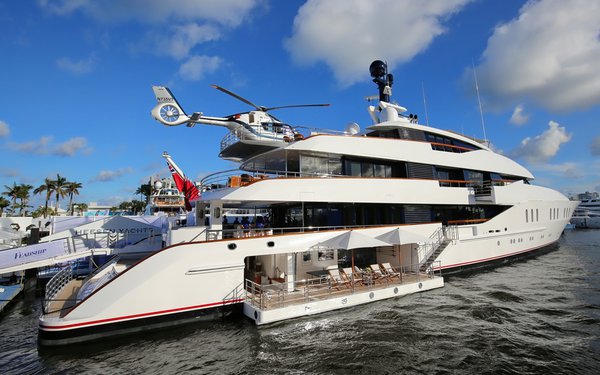
Much has been written about the super-wealthy’s
disdain for the media and/or their eagerness to control it, as in the case of a Rupert Murdoch.
But most of the super-rich avoid the spotlight, and keep their views of the media to themselves,
according to a new study reported on by NiemanLab.
Finnish academics Anu Kantola and Juho Vesa surveyed 90 of the 5,000 richest people in Finland — the wealthiest 0.1% as
identified by tax records and other public data, focusing on three groups: heirs, business executives and entrepreneurs.
Granted, there are differences between Finland and the more
diverse society of the U.S. But the researchers found that most of the super-rich wish to stay invisible, preferring to pursue “inside strategies”— direct or lobbying contact with
policymakers as opposed to “outside strategies,” or seeking publicity.
advertisement
advertisement
They are wary of media and see it as uncontrollable—and “strongly
negative” for them. In other words, they wish to lay low.
“Paradoxically, one reaction to mediatisation – the media's heightened powers – is the deliberate
avoidance of it,” the authors write.
As NiemanLab reports, the interview subjects “tended to view media logic as sensationalistic, motivated by clicks, politically hostile
and biased against them — in other words, they saw the media a lot like the rest of the public does.”
The study quotes one super-wealthy individual as saying, “I see
publicity as detrimental and stupid, and it just creates misunderstandings. I increasingly think most journalists are complete idiots, which might really be the case; I’ve met quite a
few.”
The wealthy “list a number of negative consequences of the media's extensive influence; thus, the media's growing powers can perhaps somewhat paradoxically lead to an
increasing avoidance of the media,” the authors continue.
There are dangers in this situation: “As wealth elites prefer forms of covert influence, this poses
a significant challenge to democratic societies, which rely on openness and transparency of public dialogue, as well as to journalism, which aims to critically scrutinize elites and political
advocacy."